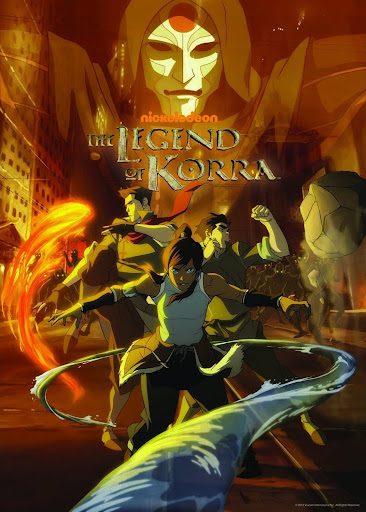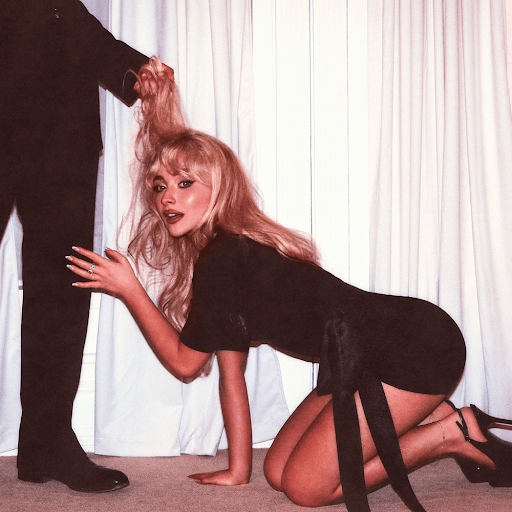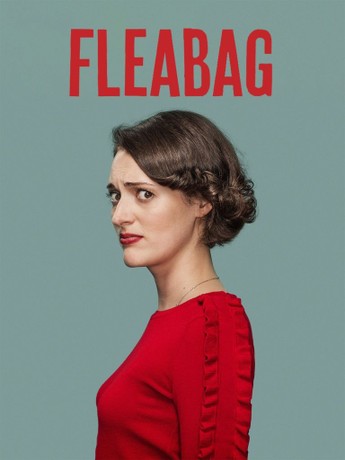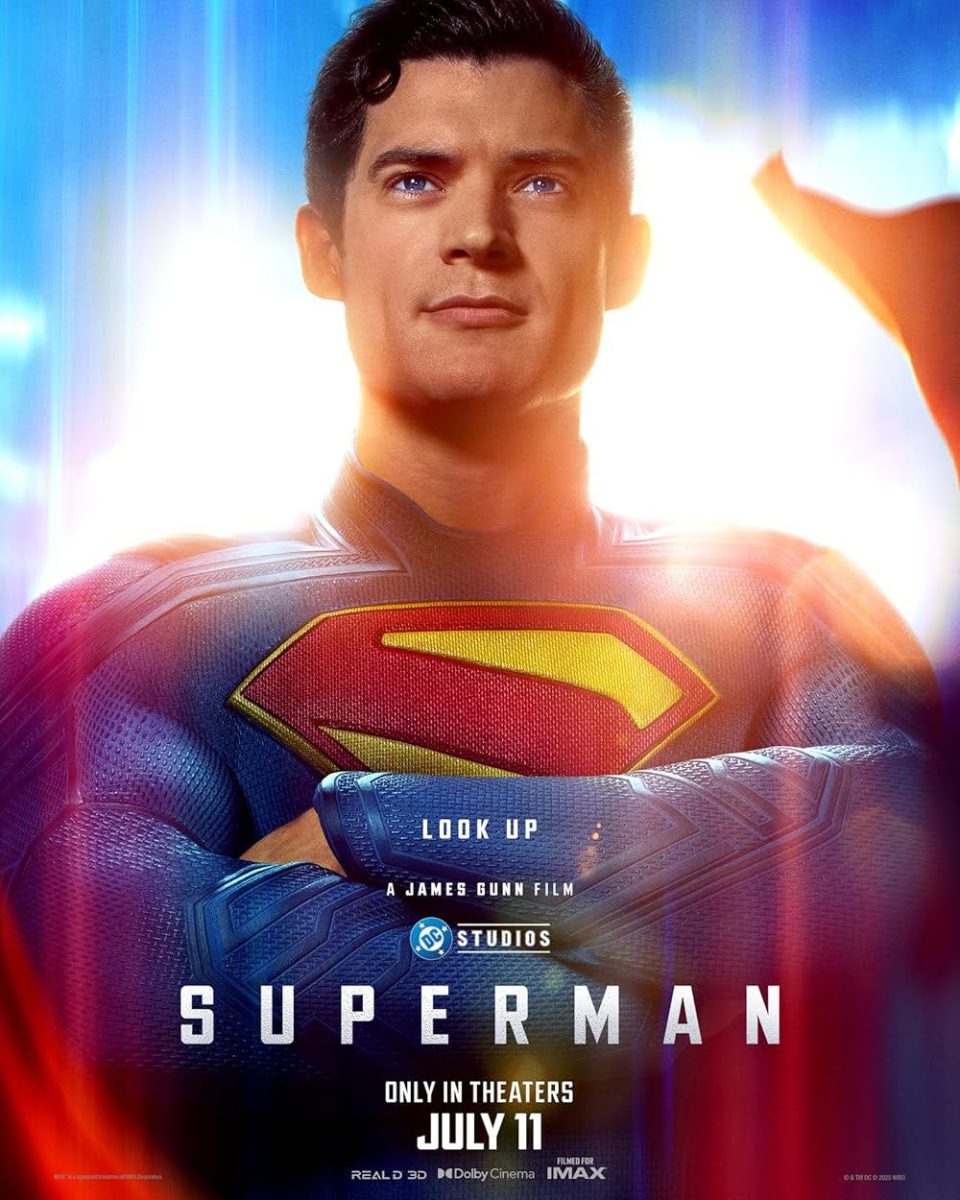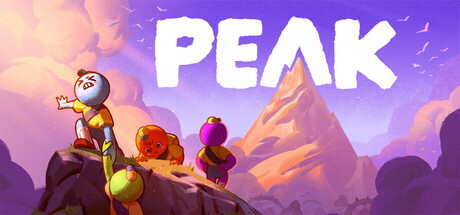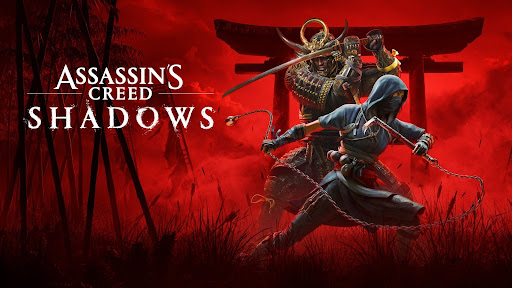Now, let me start by saying how extremely biased I am in regard to the Avatar series. I’ve been an avid fan of the series for years now, and I couldn’t tell you how many times I’ve re-watched it, which probably speaks for itself.
Another warning, this is more of a defensive review and may contain minor spoilers for some plot points in Legend of Korra.
Now, I’ve heard a lot of praise about Avatar: The Last Airbender, but its successor faced a lot of scrutiny following its release, something I wholeheartedly disagree with. Many of the critiques are based on the fact that Korra was deemed incompetent or insufferable for the first season–but if you ask me, these complaints are completely grounded in misogyny.
Aang had multiple moments that showed him not at his best, so why didn’t “Avatar” face the same scrutiny that Korra did? The answer is simple: sexism. People were afraid of a strong female lead, and not only that–they were happy with Aang as an avatar; that audience didn’t want a new story.
Now, I understand the nostalgia for the original “Avatar” series, but why not just rewatch that story?
Korra represents another chapter in the Avatar’s story, and it is clearly marketed towards a slightly older audience than the previous show, so what is there to complain about? If you ask me–nothing. Korra is a fearless teenage girl who faces issues Aang had never even seen in his show, and the issues he had confronted, Korra had experienced two-fold.
Nothing against Aang’s troubles, but Korra’s seem much more threatening and prominent. Aang only faced one world war while struggling with earth bending, while Korra faced a world war, a team of super-benders specially tasked to kill her, a civil war, a struggle to learn air bending, a regional war, a spiritual war, and the possibility of losing her bending.
A lot of complaints come from the fact that viewers felt themselves screaming, “Why would you do that?” at Korra. Yet, I have a very genuine question for the people grounding these complaints: have you ever been, or known of, a teenager? They are reckless, angry, and overconfident to the point of danger–one of Korra’s biggest flaws that develops throughout the series.
So many women resonate with Korra because of her passion, to the point she reaches reckless anger against things she cannot control.
Another thing that makes both series so great is every character experiences some type of growth–and where is there to grow from if you start as a perfect character? In addition, these complaints don’t take into account the fact that Korra is literally a teenager, who one can assume acts quite differently from 12-year-old Avatar Aang.
In my opinion, she faced MUCH larger and scarier villains and strifes than Aang did, so I give her a little leeway in what others may characterize as “difficult” or “annoying.”
Legend of Korra tackles everything under the sun, and its political activism was almost too soon for its time. Without providing any major spoilers, the series features an LGBTQ+ couple, and get this–it’s not some minor background character that no one knows anything about! That’s right, Nickelodeon features a canon queer main character, providing well-needed representation to a demographic that has never once been replicated on that network before.
“Avatar: The Last Airbender” begins to address social issues, and I give it credit for that, but it was very limited by the network at the time. On the contrary, I was constantly amazed by the amount of representation in Korra’s series, in addition to providing social commentary. Just for a few examples, Legend of Korra attacks extremism, mental health, environmentalism, equality, mental health, political corruption, and even the misuse of a nuclear-style mass weapon of war.
Of course, Korra’s story takes place seventy years after Avatar, allowing for more commentary on issues instigated by industrialization. This unique setting allows for remarkable storytelling, almost reminiscent of the 1920s, with exciting new infrastructure while still including familiar faces and landmarks.
Legend of Korra has amazing continuity from the original series, and in my opinion, gives the original Aang Gang complete justice. Toph discovers metal bending and then runs away to a swamp, learning how to see her family and friends through the spirit vines. Aang would be ecstatic to see his dream of a new Air Nation being formed, but the series still exposes his shortcomings while raising two children without airbending and how he prioritized Tenzin, the air-bending son.
The show televises a beautiful exploration of continuity, while still expanding and adapting upon the original concepts, introducing new bending styles and techniques that continue to impress me.
If you take one thing out of this review: watch Legend of Korra. It’s worth the watch, and I will probably continue to rewatch it for the rest of my life.
Rating 10/10


